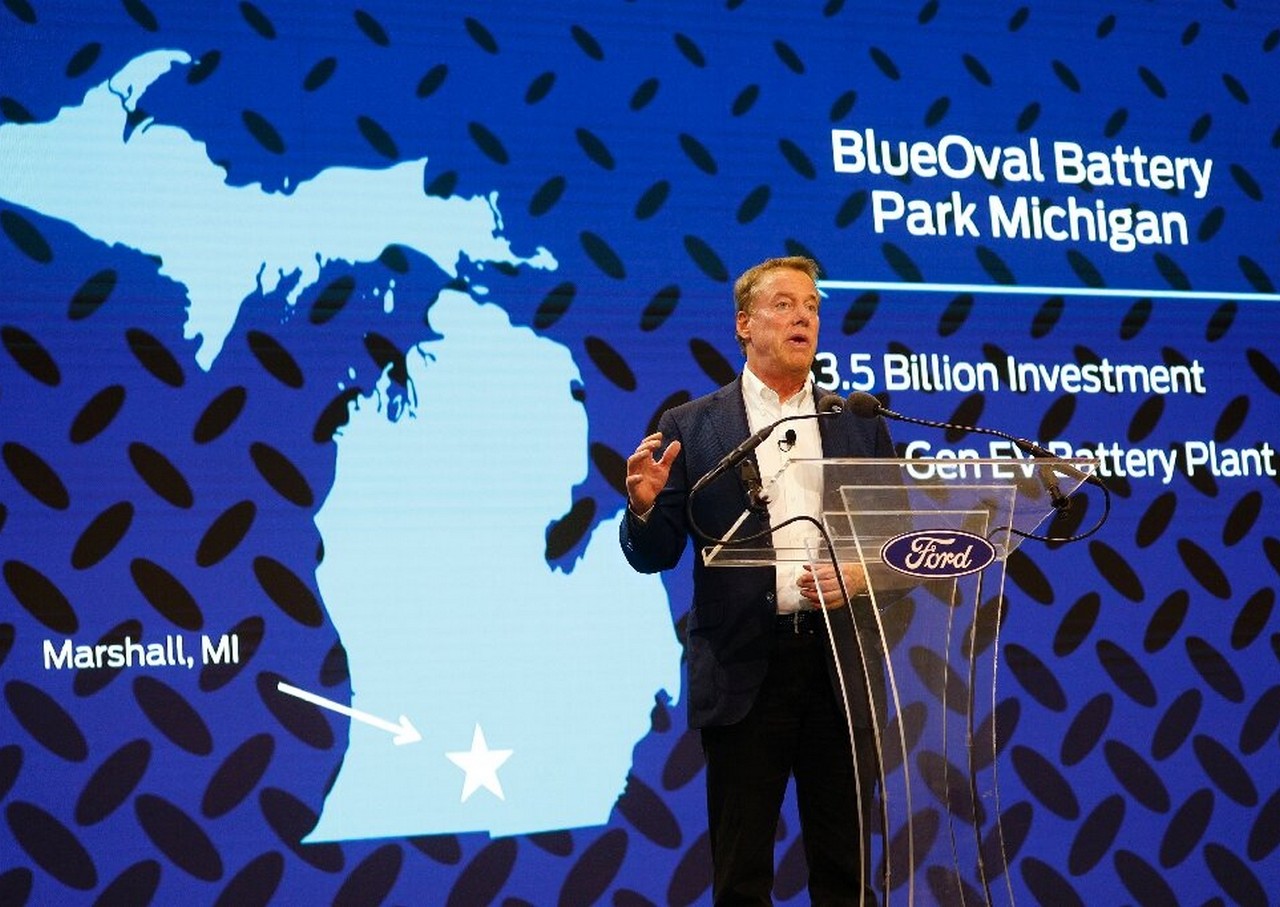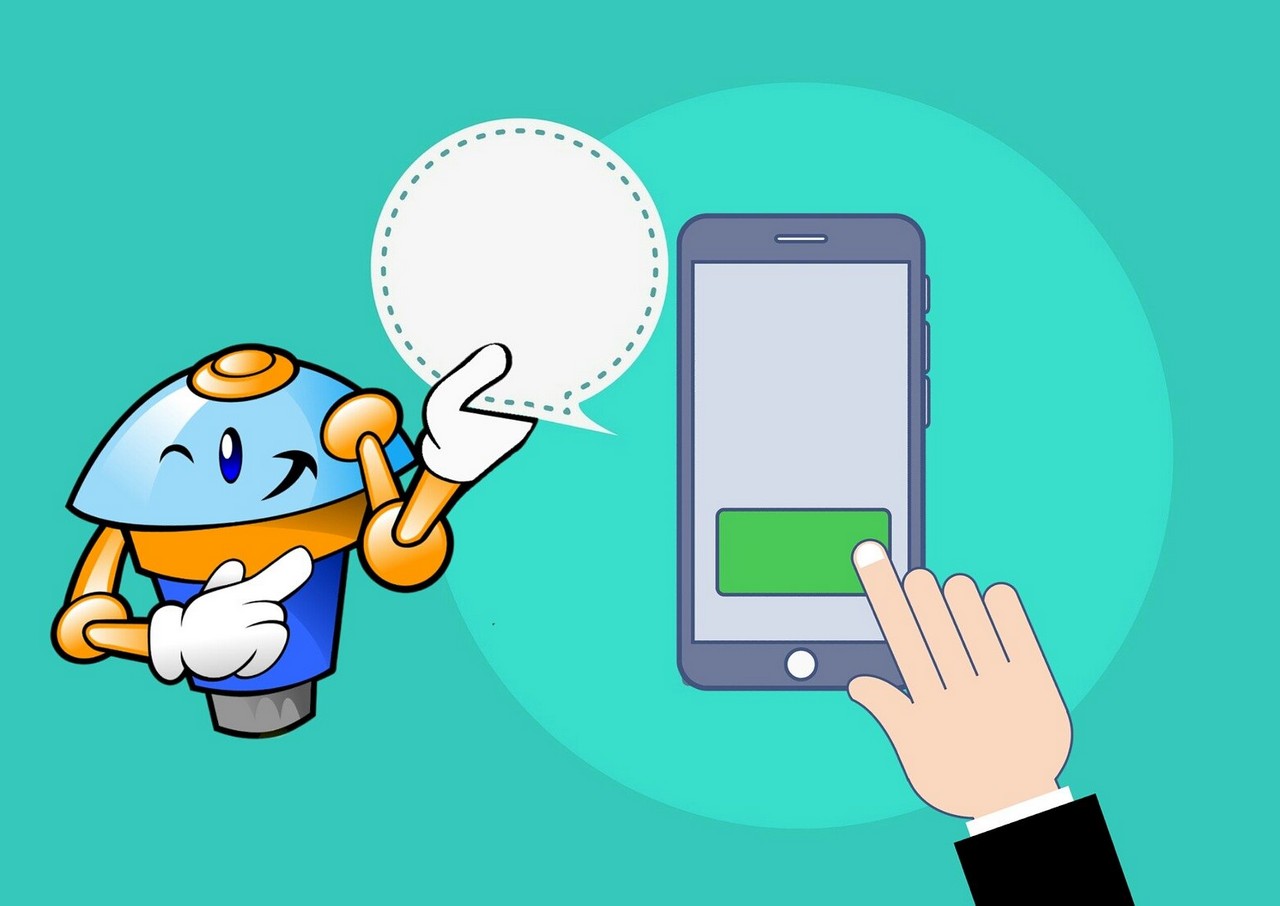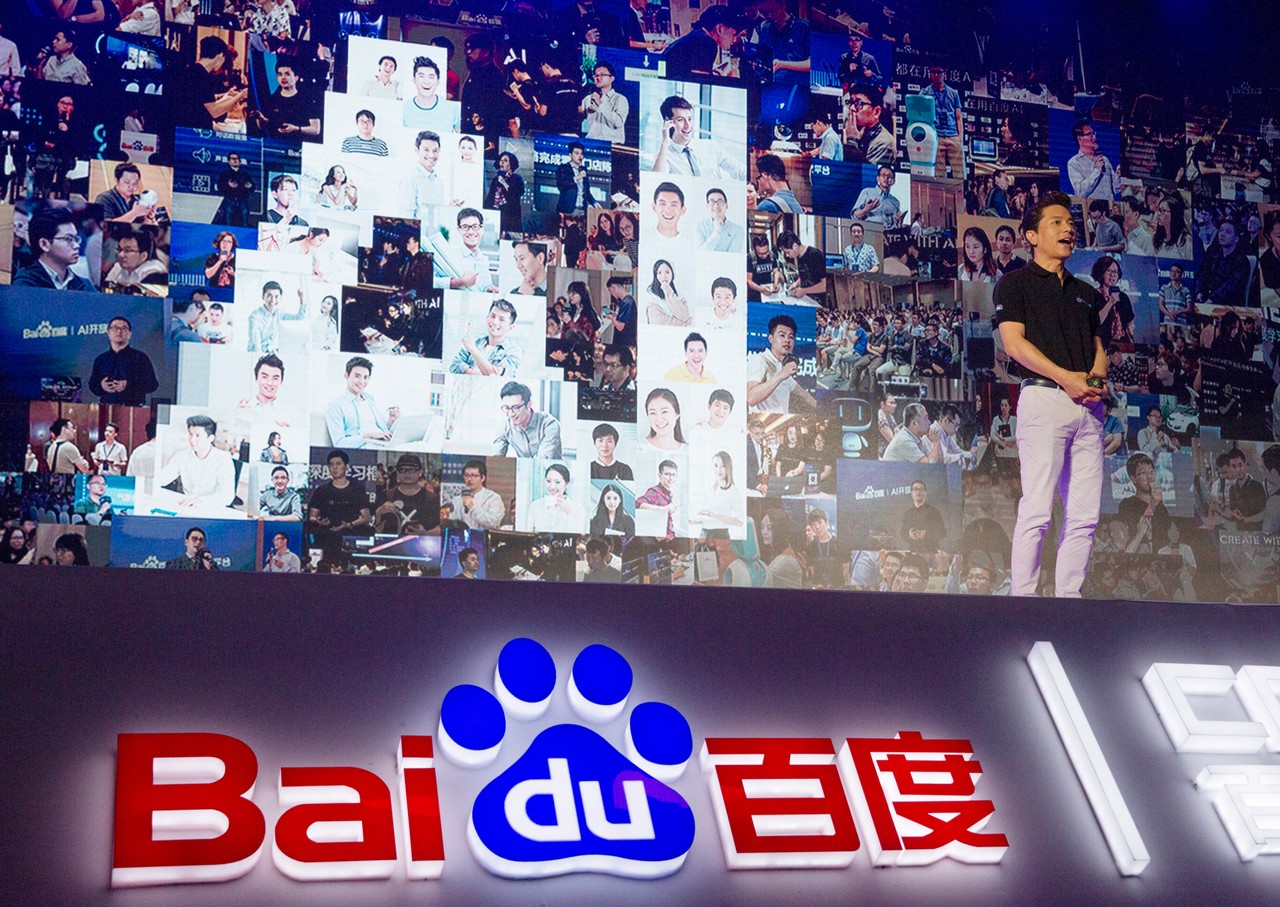Google’s launch of Bard, it is search-integrated, AI-powered chatbot, went mistaken when the bot’s first commercial by accident confirmed it was unable to seek out and current correct data to customers.
Analysis by professors on the Indiana College Kelley Faculty of Enterprise and the College of Minnesota’s Carlson Faculty of Administration explains why it could be tougher for the creator of the world’s largest search engine to jot down off the state of affairs as a brief difficulty.
Though it is not unusual for software program distributors to launch incomplete merchandise and subsequently repair bugs and supply extra options, the analysis reveals this will not be one of the best technique for AI.
As seen by a one-day $100 billion lower in market worth for Alphabet, Google’s mum or dad firm, a botched demo could cause important harm. Findings in an article accepted by the journal ACM Transactions on Laptop-Human Interplay signifies that errors that happen early in customers’ interactions with an algorithm can have an enduring unfavourable influence on belief and reliance.
Antino Kim and Jingjing Zhang, affiliate professors of operations and choice applied sciences at Kelley, are co-authors of the paper, “When Algorithms Err: Differential Affect of Early vs. Late Errors on Customers’ Reliance on Algorithms,” with Mochen Yang, assistant professor of data and choice sciences at Carlson. Zhang is also co-director of the Institute for Enterprise Analytics at Kelley. Yang taught at Kelley in 2018-19.
Referred to as “algorithm aversion,” customers are inclined to keep away from utilizing algorithms, significantly after encountering an error. The researchers discovered that giving customers extra management over AI outcomes can alleviate a few of the unfavourable impacts of early errors.
Kim, Yang and Zhang examined the state of affairs by the lens of their analysis and current their evaluation beneath:
“Not way back, search engines like google and yahoo merely fetched present content material from the web based mostly on the key phrases customers offered. Then, in late 2022, ChatGPT, a conversational AI developed by OpenAI, took the web by storm. Inside simply a few months, Microsoft introduced its multibillion-dollar funding in OpenAI and built-in ChatGPT capabilities into Bing.
“Understandably, Google, the defending champion of search engines like google and yahoo, was feeling the stress, and it was fast to react. On Feb. 6, Google ran an commercial showcasing its personal conversational AI service, Bard. Sadly, in its first demo, Bard produced a factual error, and the market was not forgiving of Bard’s unhealthy first impression. This error led to a $100 billion lower in market worth for Alphabet, Google’s mum or dad firm.
“Within the aftermath, Google workers criticized the CEO for the ‘rushed, botched’ announcement of Bard, and Google is now asking workers to assist repair the AI’s ‘unhealthy responses’ manually.
“Predictive algorithms and generative AI—broadly known as “algorithms” on this article—function utilizing probabilistic processes as a substitute of deterministic ones, that means that even one of the best algorithms can typically make errors.
“Nevertheless, customers could not tolerate such errors, and the time period ‘algorithm aversion’ refers to customers’ tendency to keep away from utilizing algorithms, significantly after encountering an error.
“Not all errors have the identical impact on customers and, in Google’s case, the market. Our analysis means that errors occurring early on in customers’ interactions with an algorithm, earlier than they’ve had an opportunity to construct belief by profitable interactions, have a long-lasting unfavourable influence on customers’ belief and reliance.
“Primarily, early errors can create a nasty first impression that persists for a very long time. The truth is, throughout our experiment, the place individuals repeatedly interacted with an algorithm, their belief ranges following an early error by no means absolutely recovered to the extent of no error.
“The state of affairs was totally different, nonetheless, for errors that occurred after individuals had already had sufficient profitable interactions with the algorithm and constructed belief. In such circumstances, individuals have been extra forgiving when algorithms made a mistake, treating it as a one-time fluke. In consequence, the extent of belief and reliance didn’t endure considerably.
“To be truthful to Google, it’s not unusual for conventional software program distributors to launch incomplete merchandise and subsequently repair bugs and supply extra options. Nevertheless, for AI, this will not be a smart technique, because the harm from a botched demo could be important. Our analysis means that Google’s highway to restoration from the unfavourable influence of the error could also be lengthy.
“So, what steps can AI methods take to mitigate the results of errors just like the one made by Google’s Bard? Our findings recommend that giving customers management over learn how to use the algorithm’s outcomes can alleviate a few of the unfavourable impacts of early errors.
“It’s attainable that Bard’s error had such a big adversarial impact due to the arrogance with which the wrong outcome was introduced. When requested, ‘What new discoveries from the James Webb Area Telescope can I inform my 9-year-old about?,’ the chatbot responded with bullet factors that the telescope took the very first photos of exoplanets—a factually incorrect declare that Google may have verified by Googling it.
“For algorithms that contain probabilistic processes, there may be sometimes a rating marking the arrogance stage for the outcome. When the rating is beneath a sure threshold, it could be smart to offer customers extra management. One instance may very well be reverting to the search engine mode, the place a number of credible and related sources are introduced for customers to navigate.
“In any case, that’s what Google does greatest, and it could be a greater method than swiftly releasing one other AI which will confidently return an incorrect reply.”







